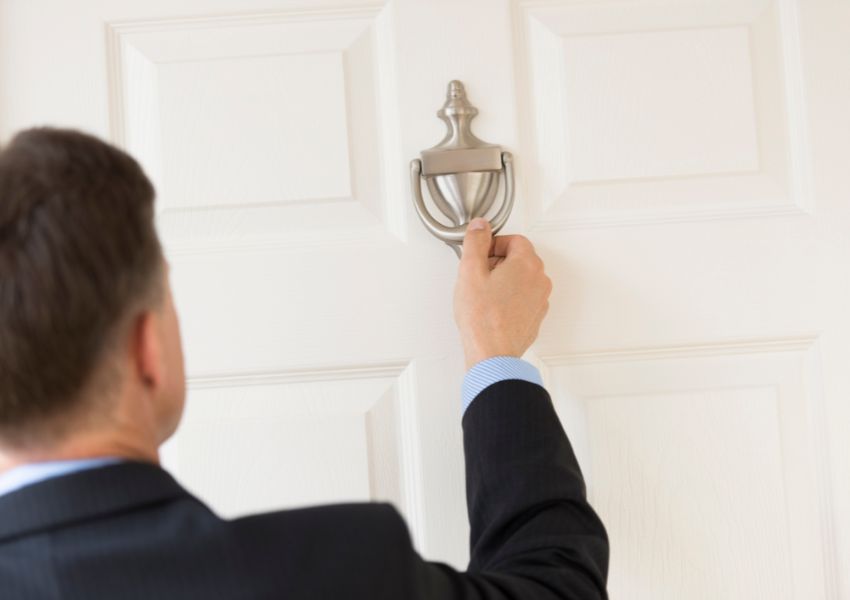Keeping good tenants happy is one of the most important things every landlord should learn to do. After all, it’s difficult to find tenants who pay their rent on time and take care of the rental home like it’s their own. This is the reason why rental property owners should take every possible step to ensure that highly qualified tenants stay on the property long-term.
If you want to keep your high-quality tenants happy, make sure to check out these effective tips:
1. Draft a Clear Lease or Rental Agreement
Drafting a solid lease or rental agreement is essential so that tenants will know what to expect during the tenancy. A good rental agreement should include your duties as a landlord, as well as the responsibilities of the tenants. It should also include other important details such as how to file maintenance requests and procedures around rent collection.
For instance, when tenants request repairs, you should indicate what a reasonable timeframe would be for addressing such requests. You should also include what repairs are covered by you, and what should be charged to tenants. For rent payment policies, it’s crucial to state the due date of the rent and what happens if the tenant fails to pay by that date. If there is a penalty for late payment, you should also include the amount of the fee.

Moreover, a rental agreement should state all provisions that you think are important, including the consequences if tenants fail to comply with the terms and conditions of the lease. Just make sure to discuss everything before letting the tenants sign to leave no room for confusion.
2. Address Maintenance Issues Quickly
Addressing any repair issues promptly is critical for two major reasons:
- It can prevent further damage to your property
- It can help build a good business relationship with your tenants.
Make sure to provide tenants with convenient ways to report any maintenance issues, especially emergency ones. Keep in mind that any necessary repairs that are due to normal wear and tear should be covered by the rental property owner. On the other hand, repairs that are outside the normal wear and tear are usually charged to tenants.
3. Make Sure Tenants can Reach You Conveniently
By providing tenants with several ways to contact you, they can report emergency issues conveniently. Make sure to keep your communication lines open and make yourself accessible. This proves that you care for the welfare of your tenants and you are there to ensure that they are comfortable at the property.
4. Provide Tenants with Easy Ways to Pay Rent
One of the major problems of many landlords is rent collection. If you manually collect rent, this can cause inconvenience to both yourself and your tenants. To avoid this, it’s best to have alternative means for collecting rent.

For instance, providing tenants with access to online payment systems is a great way to offer them convenience. They can pay their rent at any time, no matter where they are—even if they are on a vacation. It can help prevent cases of unintentional missed or late payments and will make it easy to track everything.
5. Know what Amenities Tenants Need and Provide Them
Tenants have different needs. As a landlord, it’s important to know what amenities your target tenant demographic needs and try to provide them if you can. Personalized amenities add value to your property, which allows you to charge a higher rent. To keep tenants happy offer them the kinds of amenities they value most in a home.
6. Inspect Your Property Regularly
Regular inspection is an effective way to keep your property in its best condition. By performing routine inspections, you will find potential repair issues while they are still easy to fix. This allows you to save money on repairs.
Tenants will also know that you genuinely care for the place that they call home by doing your best to maintain the property. This could also convince them to extend their lease if they’re happy with your services and the state of the rental.
7. Respect Your Tenant’s Privacy
While it’s recommended to perform regular inspections, make sure to schedule this with your tenants properly. You should agree on a convenient time and date for your visits. It’s important to send a notice to your tenants prior to visiting the property and not just show up unannounced.

Include a provision on the lease agreement about having to enter the property during an emergency, and include which situations are considered an “emergency”.
8. Address Tenants’ Complaints as Soon as Possible
Aside from repair requests, tenants may have other concerns that you need to address to as soon as possible. For example, tenants may have complaints about noisy neighbors. Make sure to try to help them as soon as you can. Ideally, tenants’ concerns should be addressed within a week.
If you cannot provide a reasonable timeframe to resolve a certain issue, make sure to at least inform them of the steps that you are taking to provide a resolution, and update them on the progress of the issue.
9. Be Proactive in Ask Tenants if They want to Renew their Lease
When your highly qualified tenant’s lease is about to end, be proactive in asking them if they would like to renew. Try to convince them to renew their lease as much as possible. This way, you’ll not only avoid a vacancy, but you’ll also get to keep a good tenant.
Bottom Line
Communication and understanding of your tenant’s needs are key to keeping them happy. That said, performing all the duties of a landlord can be quite challenging. To prevent unnecessary stress, hire a property manager who can do your responsibilities for you. Experienced property managers know how to find and keep good tenants.
For help managing your rental properties, contact the experts at Young Management by calling 913-947-3131. Our property managers look forward to answering any questions you may have!

